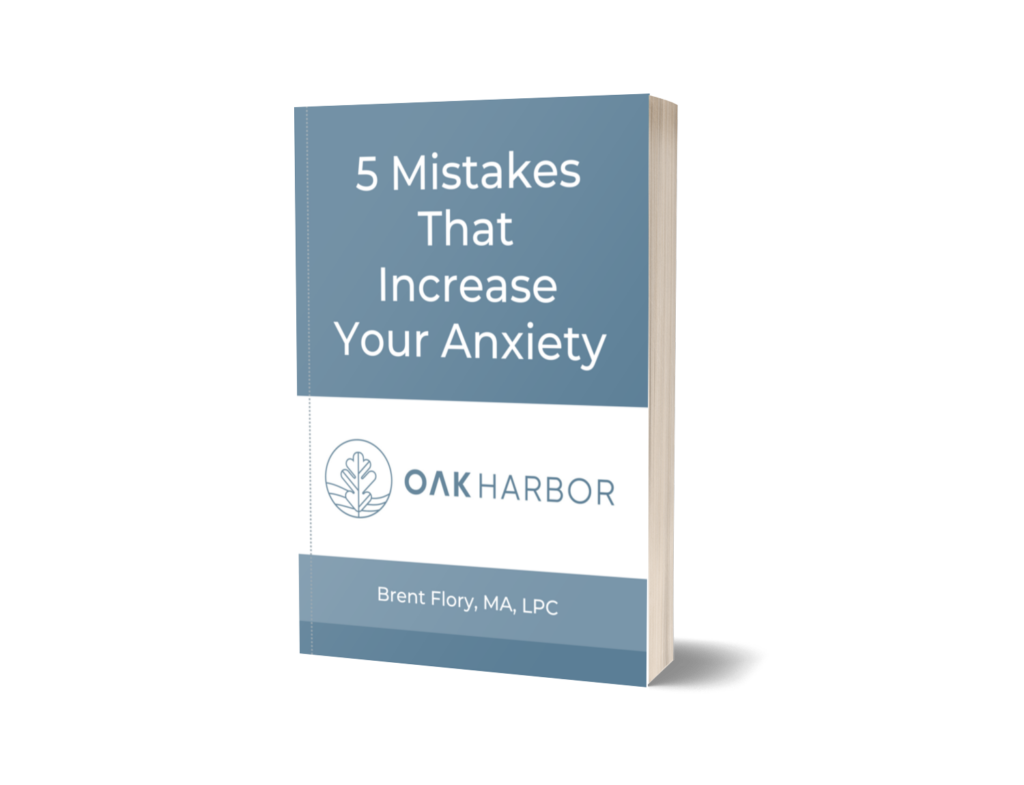I’ll never be mistaken for a financial adviser. But I’ve learned a few things about money through the years.
The best lesson I’ve learned is to invest your money and not touch it for a long time. This allows the wonder of compounding to be unleashed.
The famed investor, Warren Buffett, started investing when he was 10. I’m pretty sure at age 10 I was still mastering the art of walking and chewing gum at the same time.
According to Morgan Housel of Collaborative Fund, if Buffett had started investing at age 30 instead of 10, his fortune would be 97.6% less than what it is. I’m not a statistician either, but if Housel’s math is anywhere near accurate, that is incredible.
My goal as a counselor is not to depress you (though I fear I may have). Rather, I’m trying to point out the power in compounding.
Compounding is a powerful tool as an investor. But compounding is a two-way street. When it comes to financial debt, compounding can ruin you.
Compounding Power in Relationships
The idea of compounding also applies in our relationships. Compounding can work to our advantage with healthy behavior and communication. You can build relational equity.
And like financial debt can compound, negative behaviors have a compounding effect. Over time, how we treat others multiplies.
It’s not only our words that compound. If we aren’t careful, negative thoughts that we focus on about our partner compound, too.
You might consider a certain behavior as a quirk at first when they can do no wrong. Over time the behavior becomes irritating, then moves to frustrating, and eventually morphs into what we see as a character flaw.
If we allow them, the aggravations we have with our loved one’s build. And build and build. Until we explode like a volcano and say things we can’t take back.
The thoughts we hold onto about our partner matter.
Two Ways We Get It Wrong
Here are two ways I see clients get mentally tripped up in their relationships:
1. They overly focus on whether their thoughts about their partner are true.
Your partner has some issues. In fact, they have some deep, deep flaws. But if you and I are honest about it, so do we. It’s called being human. Just because your negative thoughts about your partner might be completely accurate doesn’t mean that focusing on them is helpful to your relationship.
2. They pay too much attention to the negatives and forget their partner’s great qualities.
Yes, your partner has some habits that you find gross. Sure, your spouse can be self-centered. Indeed, some of their shortcomings are maddening.
Everyone in a long-term relationship has negative thoughts about their significant other at times. Your friend who insists that they never do? Yep, they’re lying.
The thoughts that enter our minds are not the issue. The problem is the thoughts that we hold onto and won’t let go. When we cling to those negative thoughts and they become beliefs, that’s when trouble is brewing.
Imagine I buy into the thought, “my partner is an idiot!” How will I end up treating them? Suppose I to start believe that, “my spouse doesn’t care about my needs.” How will that affect the long-term prospects of our marriage?
If you come to believe your negative thoughts about your partner, where will it take you two? Towards a healthy future together? Or towards an erosion of trust and intimacy?
Here’s the Question You Need to Ask Yourself Regularly
When you are having these negative thoughts, you need to ask yourself this question: “Is this workable?”
If I hold onto this thought about my partner, is this workable for our relationship? If I say what I am thinking right now, will the impact of my words be workable for a long-term future together?
As Russ Harris puts it, “Is what you’re doing working to give you the sort of life you want, in the long term?”
Focusing on workability can revitalize our relationships.
I’ve yet to meet a person (including myself) who doesn’t enjoy feeling right. In the moment, we can be so concerned with feeling or thinking that we are right that we don’t consider the future implications.
What if instead of focusing on being right in your relationship, you focused on doing what’s workable
This is where we need to have a picture for the long-term future we want. Do you want to stay together and build a healthier relationship? Then ask yourself often, “is this workable?”
A Workable Habit
Build a habit of asking yourself these questions:
-
If I think this/say this about my partner, where will this likely take our relationship in the long term? Is that outcome what I want?
-
To put it succinctly, “Is “X” workable for us?”
When you find yourself getting hooked by negative stories about your partner, you can unhook by getting more present or getting distance from your thoughts.



